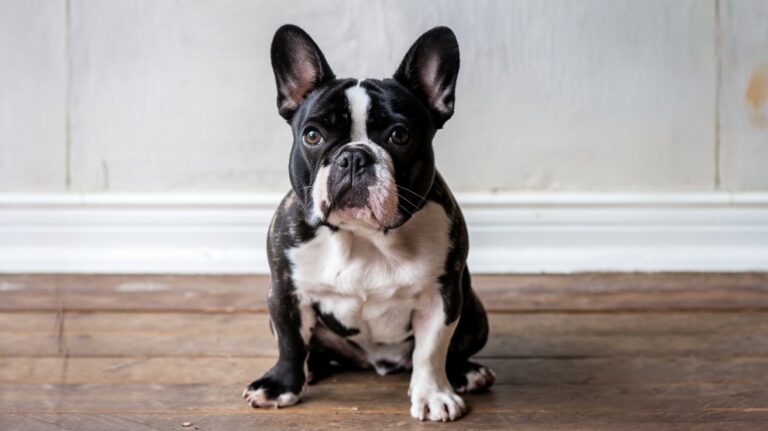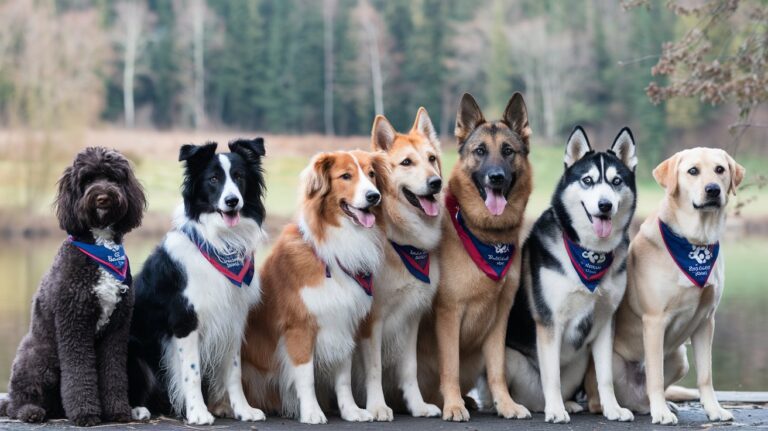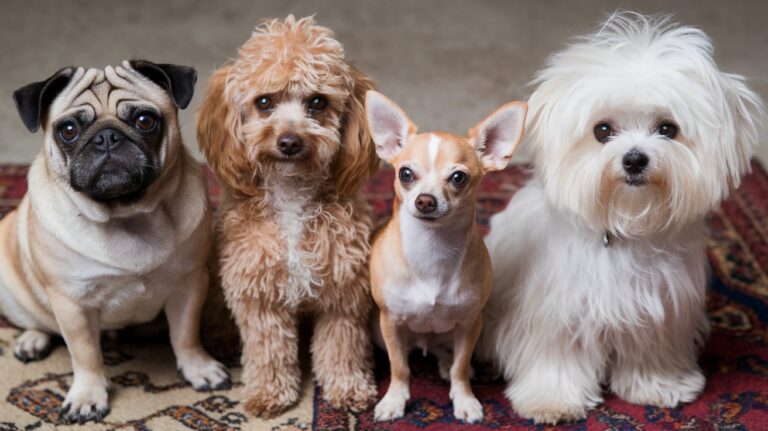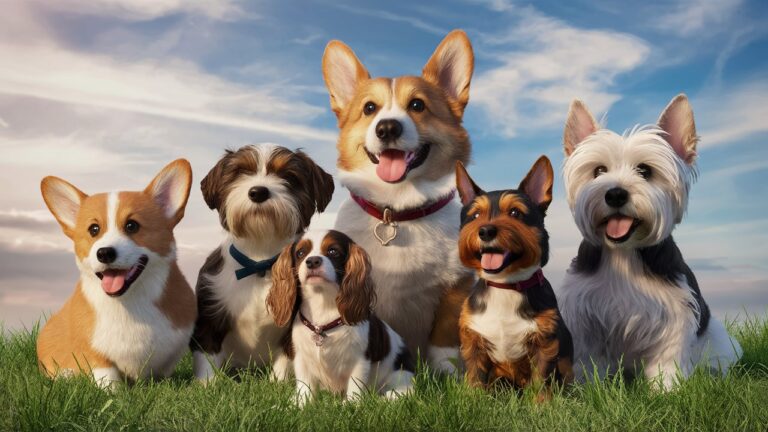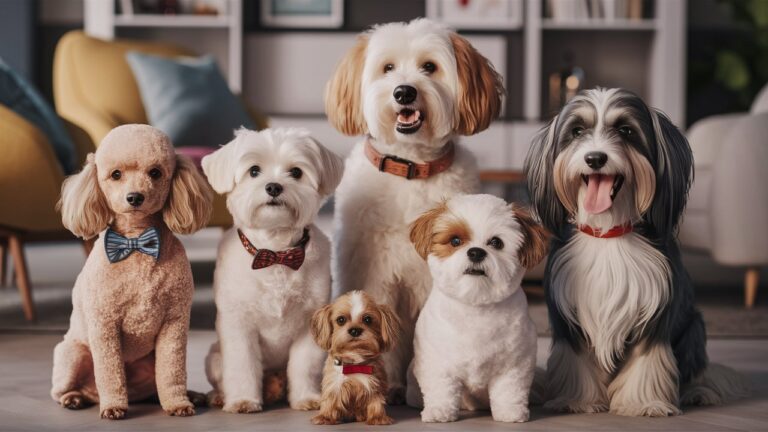6 Hunting Dog Breeds: Loyal Companions and Rich Skilled Hunters
Hunting dogs have been humanity’s trusted allies for centuries, aiding in the pursuit of game with unmatched skill and loyalty. These breeds are more than just hunting partners; they are companions, protectors, and, for many, cherished members of the family. In this article, we’ll explore the unique characteristics of hunting dog breeds, delve into their history, and share personal stories that highlight their remarkable abilities and loving nature.
The History of Hunting Dogs
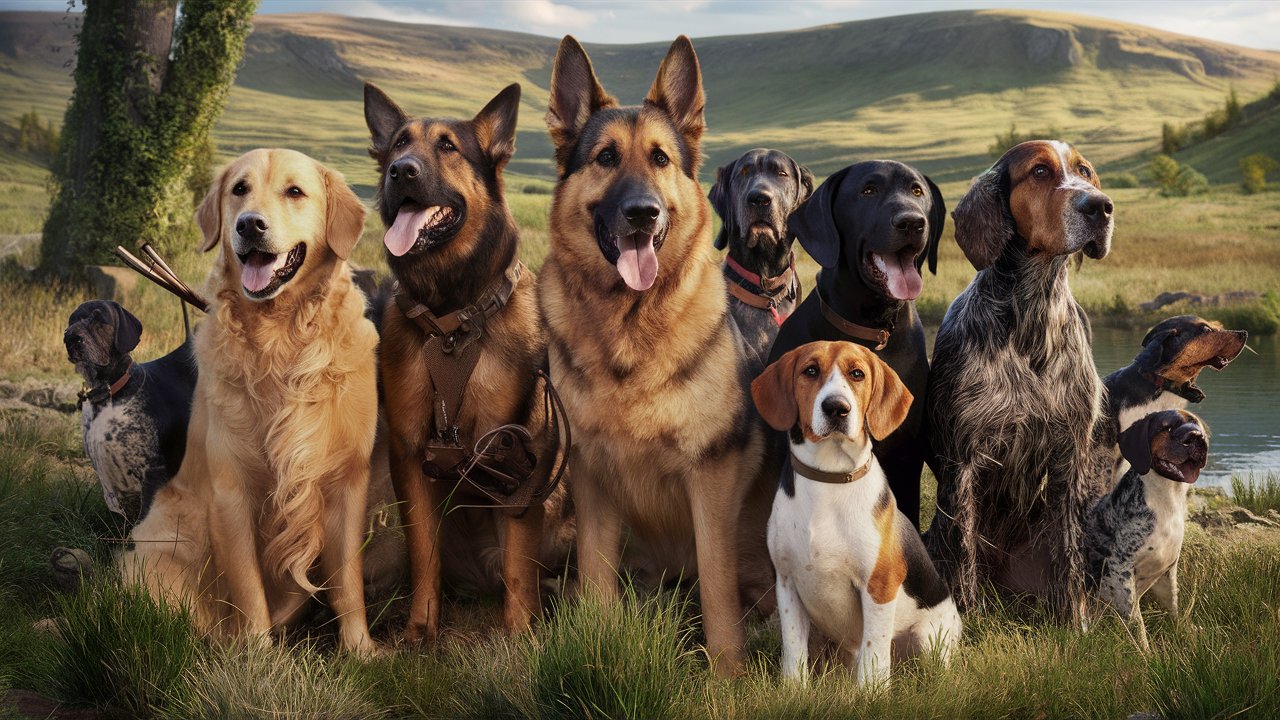
The bond between humans and dogs is ancient, with evidence suggesting that dogs have been assisting humans in hunting for over 15,000 years. Early humans relied on these dogs for survival, as their keen senses of smell, sight, and hearing made them invaluable in tracking and retrieving game. Over time, different breeds were developed to specialize in various types of hunting, from tracking large game to retrieving waterfowl.
One of the earliest hunting breeds is the Greyhound, known for its incredible speed and keen eyesight. Bred in ancient Egypt, Greyhounds were used to hunt deer and other fast game. Similarly, the Bloodhound, with its unmatched sense of smell, was developed in medieval Europe to track deer and boar.
Types of Hunting Dogs
Hunting dogs are typically categorized into three main types: scent hounds, sight hounds, and gun dogs. Each type has unique characteristics that make them suited for specific types of hunting.
- Scent Hounds: These dogs have an extraordinary sense of smell and are used to track game by following a scent trail. Popular scent hounds include the Beagle, Bloodhound, and Basset Hound. These breeds are persistent trackers, often following a trail for miles without losing focus.
- Sight Hounds: As their name suggests, sight hounds rely on their keen eyesight to spot and chase game. These dogs are built for speed and agility. Greyhounds, Whippets, and Salukis are prime examples of sight hounds, often used in hunting fast-moving prey like hares and deer.
- Gun Dogs: Also known as bird dogs, gun dogs are trained to work alongside hunters using firearms. They are divided into three subcategories: retrievers, pointers, and spaniels. Labrador Retrievers, Golden Retrievers, and English Springer Spaniels are popular gun dogs known for their ability to retrieve game without damaging it.
Characteristics of Hunting Dogs
Hunting dog breeds share several key traits that make them exceptional in the field. These include:
- Keen Senses: Hunting dogs possess heightened senses, particularly smell and sight, allowing them to track, locate, and retrieve game with precision.
- Endurance and Stamina: Hunting can be physically demanding, requiring dogs to run, swim, and navigate rough terrain for extended periods. Breeds like the German Shorthaired Pointer and Vizsla are known for their incredible endurance.
- Intelligence and Trainability: Hunting dogs are highly intelligent and quick learners. They are trained to follow commands, work closely with their handlers, and adapt to various hunting scenarios. Breeds like the Border Collie, though primarily a herding dog, also excel in hunting due to their sharp minds.
- Loyalty and Companionship: Beyond their hunting skills, these dogs are deeply loyal and form strong bonds with their owners. They are protective, affectionate, and often become integral members of the family.
Personal Anecdotes: Hunting Dogs in Action
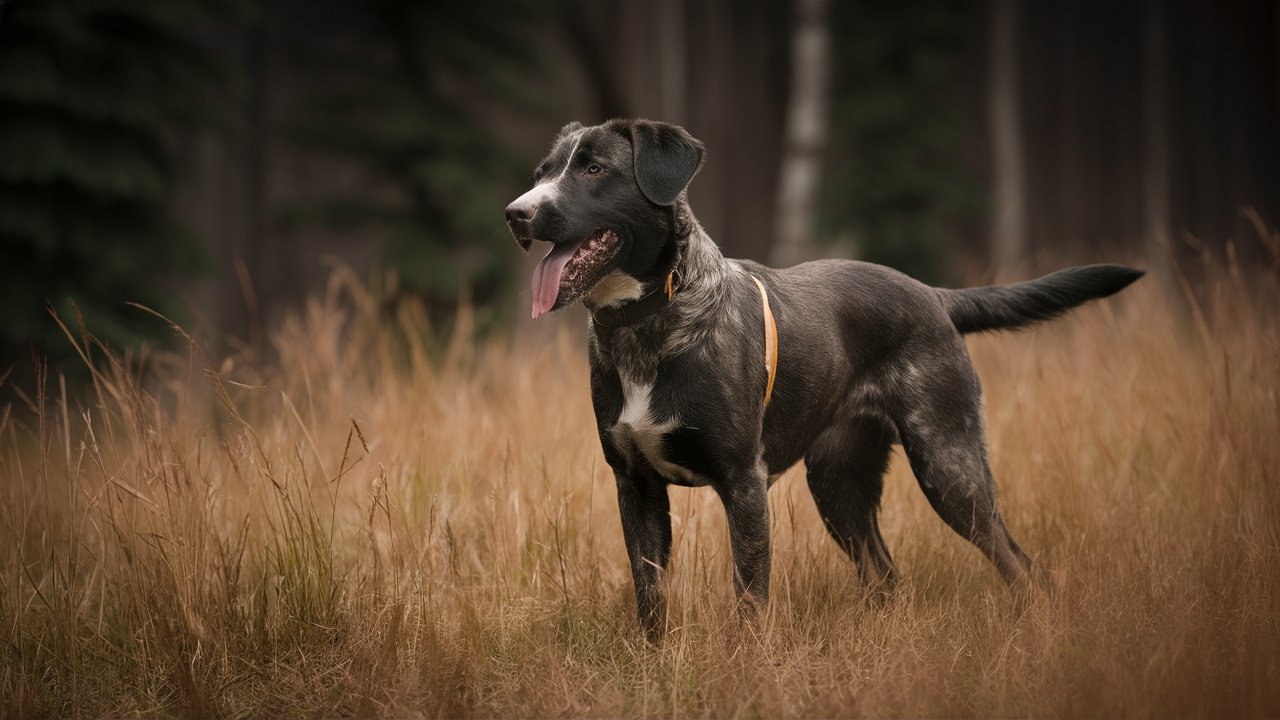
To illustrate the exceptional qualities of hunting dogs, I’d like to share a personal story about my experience with a Labrador Retriever named Max.
Max was the epitome of a hunting dog—intelligent, focused, and eager to please. He belonged to my uncle, a passionate hunter who spent countless weekends in the countryside with Max by his side. I had the pleasure of joining them on a hunting trip one autumn morning.
As we set out into the misty woods, Max was visibly excited, his tail wagging furiously as he sniffed the air. It wasn’t long before Max caught the scent of a pheasant. Watching him work was like witnessing a master artist at his craft. He moved silently, nose to the ground, guiding us with subtle glances. When we reached the pheasant’s hiding spot, Max froze, his body tense with anticipation. With a command from my uncle, Max flushed the bird out of the brush, and my uncle took his shot. Within seconds, Max had retrieved the pheasant, carefully carrying it back without a single feather out of place.
That day, I gained a deep appreciation for the skill and dedication of hunting dogs. Max’s ability to switch from playful companion to focused hunter was nothing short of remarkable. His enthusiasm and precision were a testament to the centuries of breeding and training that have shaped hunting dogs into the incredible animals they are today.
Popular Hunting Dog Breeds
Here are a few hunting dog breeds that have earned their reputation as some of the best in the field:
- Labrador Retriever: Labradors are versatile hunters, known for their exceptional retrieving skills, particularly in waterfowl hunting. Their friendly and loyal nature makes them popular as both hunting dogs and family pets.
- Beagle: A scent hound with an incredible sense of smell, Beagles are often used in hunting small game like rabbits. Their persistence and determination make them excellent trackers.
- German Shorthaired Pointer: This breed is a versatile gun dog, excelling in both tracking and retrieving. They are energetic, intelligent, and require regular exercise to keep them happy.
- English Springer Spaniel: Spaniels are known for their ability to flush game out of hiding, making them ideal for bird hunting. The English Springer Spaniel is particularly prized for its friendly disposition and boundless energy.
- Bloodhound: With the best nose in the business, Bloodhounds are legendary for their tracking abilities. They are often used in search and rescue missions, but their origins lie in hunting deer and boar.
- Vizsla: Known for their striking appearance and affectionate nature, Vizslas are excellent pointers and retrievers. They are highly trainable and thrive on human companionship.
The Modern Role of Hunting Dogs
While the tradition of hunting with dogs continues in many parts of the world, the role of hunting dogs has evolved. Today, many hunting breeds are also cherished family pets, therapy dogs, and service animals. Their intelligence, loyalty, and adaptability make them well-suited for various roles beyond hunting.
Moreover, the skills of hunting dogs are often showcased in organized events and competitions. Field trials, hunting tests, and scent work competitions allow these dogs to demonstrate their abilities in a controlled environment, providing a safe and rewarding outlet for their natural instincts.
Caring for a Hunting Dog
Owning a hunting dog requires commitment, as these breeds are typically active and high-energy. Regular exercise is essential to keep them physically and mentally stimulated. Engaging them in activities like fetch, agility training, or even scent work can help satisfy their natural instincts.
Training is also crucial for hunting dogs. Early socialization and obedience training will ensure they are well-behaved and responsive to commands, both in the field and at home. Positive reinforcement methods work best, as these dogs are eager to please and thrive on praise and rewards.
Additionally, regular health check-ups, a balanced diet, and preventive care are essential to keeping your hunting dog in top condition. Many hunting breeds are prone to certain health issues, such as hip dysplasia or ear infections, so staying vigilant about their health is important.

Conclusion
Hunting dog breeds are a remarkable testament to the bond between humans and dogs. Their history, skills, and unwavering loyalty make them not only excellent hunters but also beloved companions. Whether you’re an avid hunter or simply appreciate the unique qualities of these breeds, hunting dogs bring joy, companionship, and a touch of the wild into our lives.
As someone who has experienced the magic of hunting dogs firsthand, I can attest to their incredible abilities and loving nature. If you’re considering bringing a hunting dog into your life, be prepared for a loyal friend who will enrich your days with their boundless energy, intelligence, and affection.
